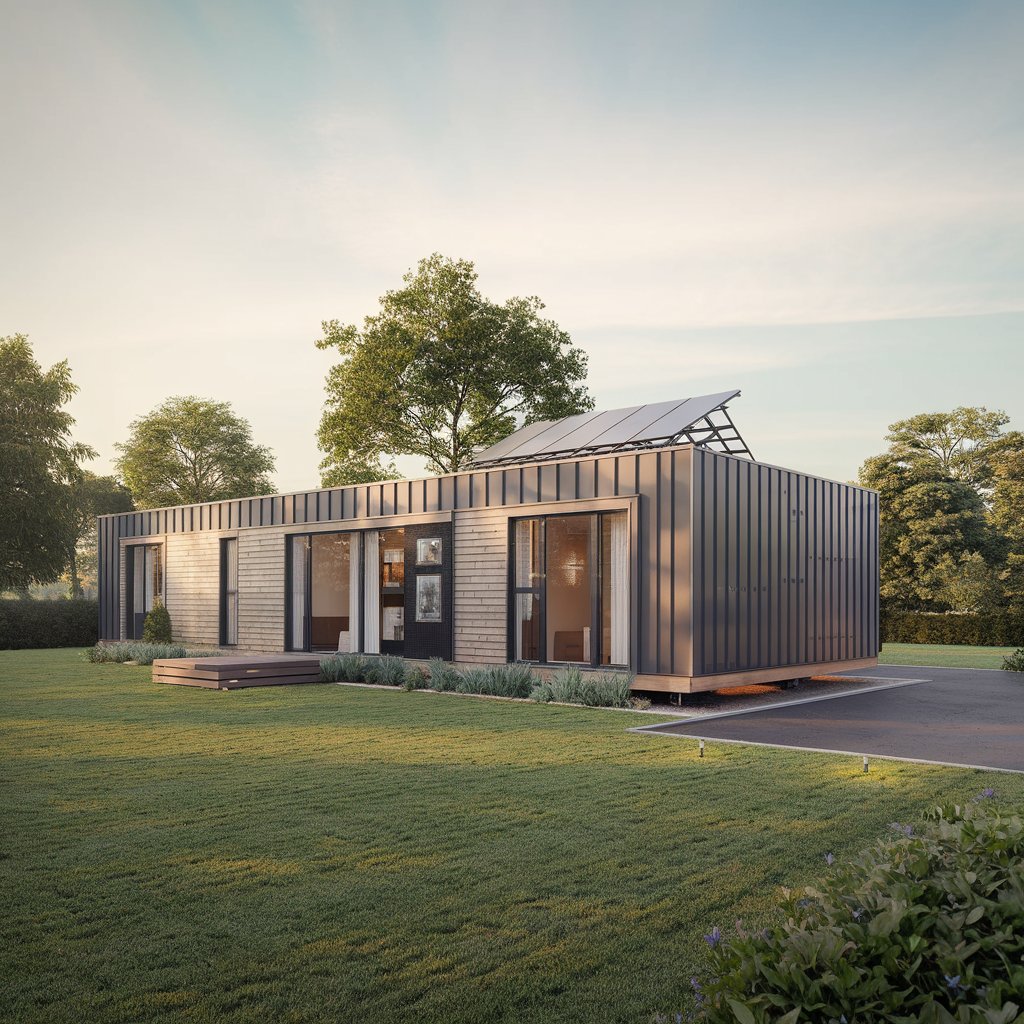In recent years, modular homes, often referred to as prefabricated or manufactured homes, have seen a noticeable rise in popularity in the United States. This is largely due to their affordability, faster construction times, and flexibility in design. Understanding the cost factors involved in modular homes can help prospective buyers make more informed decisions.
Key Factors Influencing Modular Home Costs
- Size and Floor Plan Complexity
The larger the home and the more complex the layout, the higher the cost. Homes with multiple stories or special architectural features naturally cost more due to additional materials and labor required. - Material Choices:
Just like with traditional homes, the quality of materials used will impact the price. Using premium materials, such as hardwood flooring, granite countertops, or high-end appliances, can drive up the cost. - Geographical Location:
Location plays a big role in determining the overall cost of modular homes. Urban areas or coastal regions may have higher land and transportation costs compared to rural or suburban regions. Additionally, local building codes and labor rates vary from one area to another. - Customization and Upgrades:
Modular homes can be customized to a certain extent, but the more changes you make to the standard design, the more expensive the project becomes. Adding features like upgraded energy-efficient systems, smart home technology, or custom layouts can raise the price significantly. - Builder Reputation:
The reputation and experience of the builder also affect costs. Well-established companies with years of experience might charge more, but they often deliver higher quality and more reliable service. - Additional Features:
Features such as solar panels, enhanced insulation, or luxury fixtures add to the overall price of the home. Many buyers opt for such features to improve energy efficiency or to personalize their homes.
Benefits of Choosing Modular Homes
- Affordability:
Modular homes tend to be more cost-effective than traditional site-built homes. The streamlined construction process in a factory environment leads to reduced labor and material waste, which helps lower costs. - Quick Construction Time:
Because modular homes are built in factories and assembled on-site, they typically require less time to complete than traditional homes. In many cases, homeowners can move in much faster, saving on interim living costs. - Customizable Options:
While modular homes come in standard designs, they still offer a range of customizable features. Homeowners can often choose from different floor plans, finishes, and add-ons, creating a home that fits their needs without the extended timelines of custom-built homes. - Energy Efficiency:
Many modular homes are constructed with energy efficiency in mind. From well-insulated walls to energy-saving appliances, modular homes can help homeowners reduce their monthly utility bills. - Consistent Quality:
The factory setting for construction ensures consistent quality control and minimizes the errors that might occur on a traditional construction site. This results in homes that are often more durable and require fewer repairs over time.
Weighing the Long-Term Costs
Though modular homes can have a lower upfront cost, it’s essential to consider other long-term expenses. These include property taxes, maintenance, and insurance. Buyers should also research the local resale value of modular homes, as perceptions about their quality and value can differ by region.
Conclusion
Modular homes offer a cost-effective, customizable, and quicker alternative to traditional homes in the U.S. market. While costs can vary depending on factors such as location, size, and material choices, many homeowners find modular homes to be a smart investment. To get an accurate cost estimate, prospective buyers should work closely with local builders and obtain multiple quotes tailored to their needs.
For those interested in exploring additional topics like financing options, the environmental benefits of modular homes, or future trends in modular construction, more information is readily available.
Let me know if you’d like more details on any aspect of modular homes!

